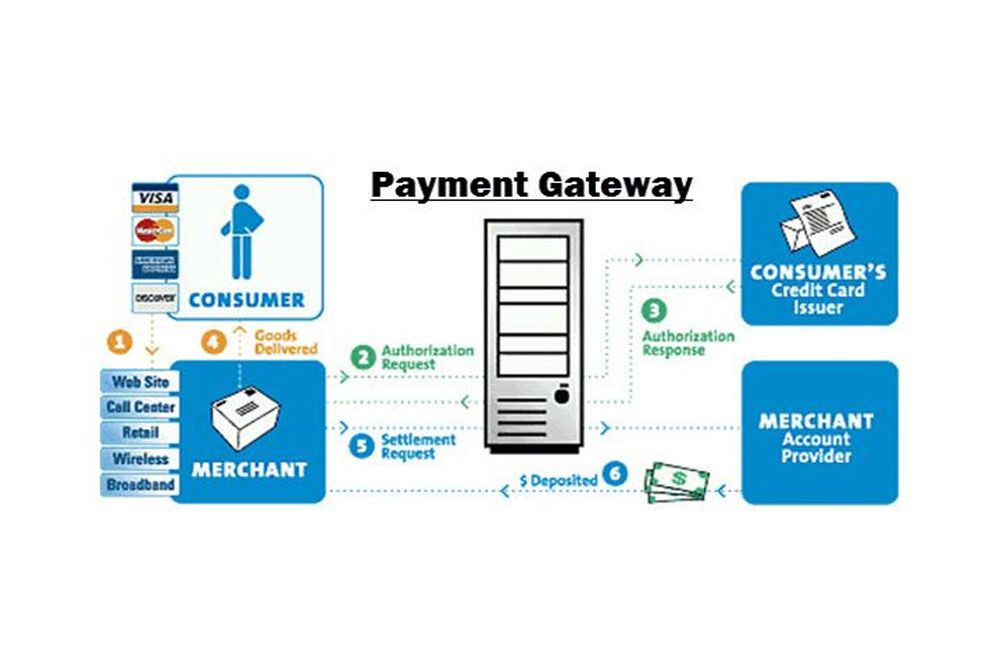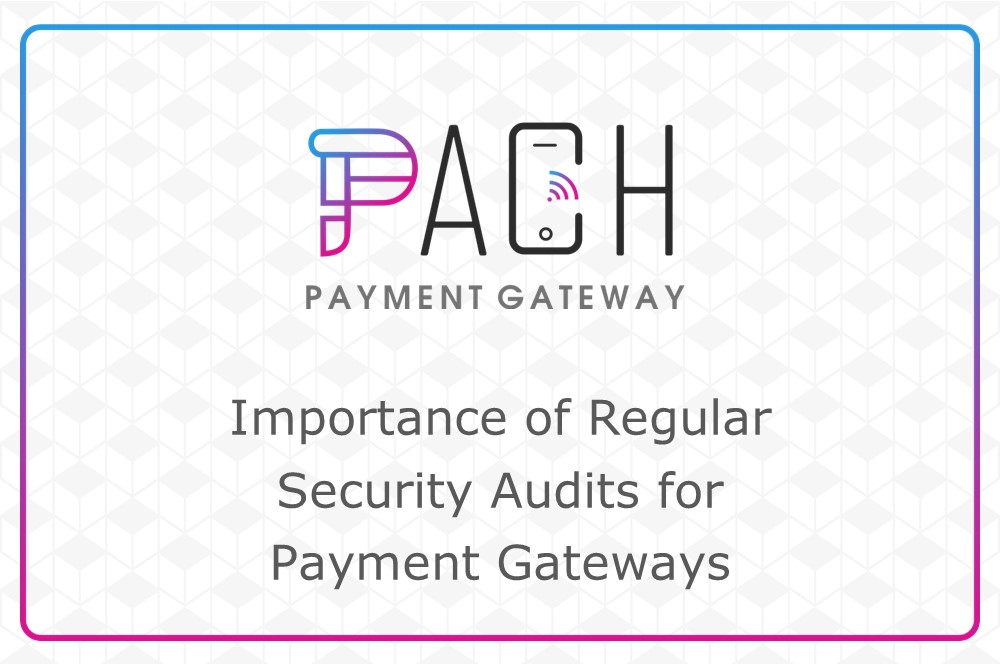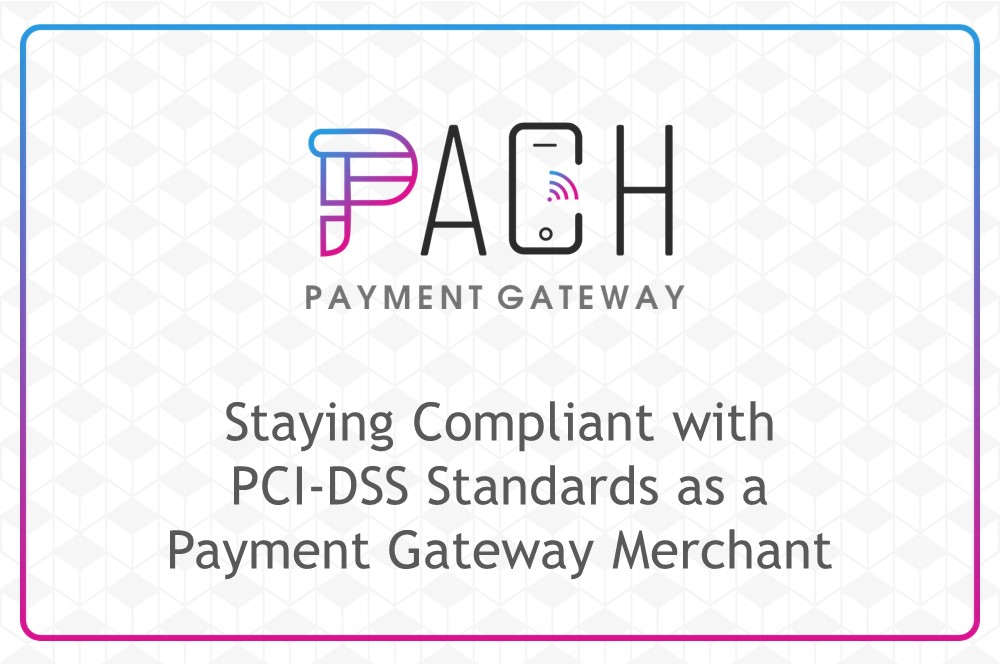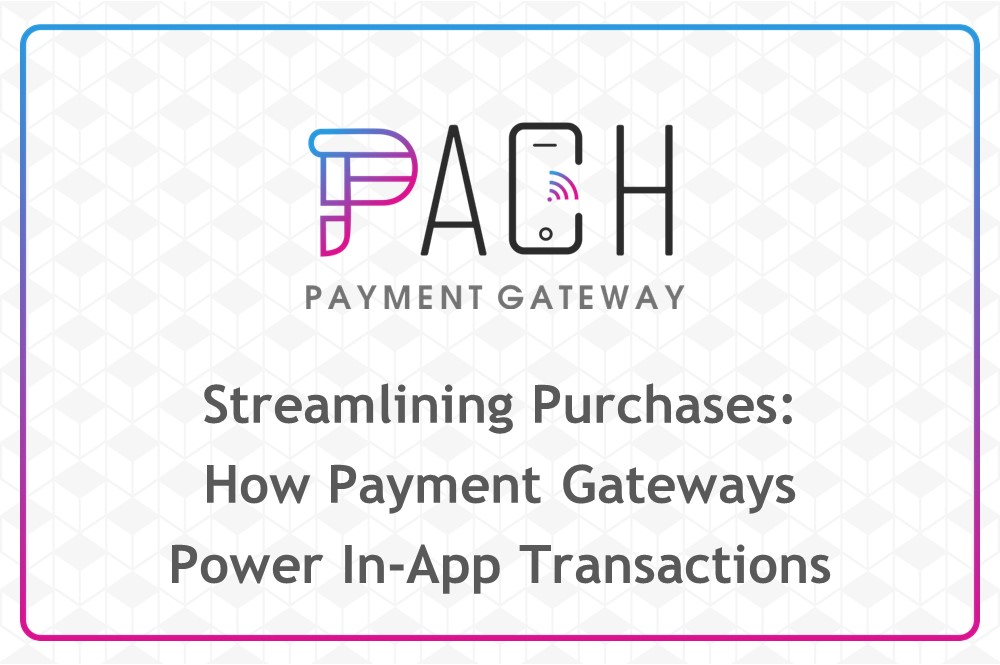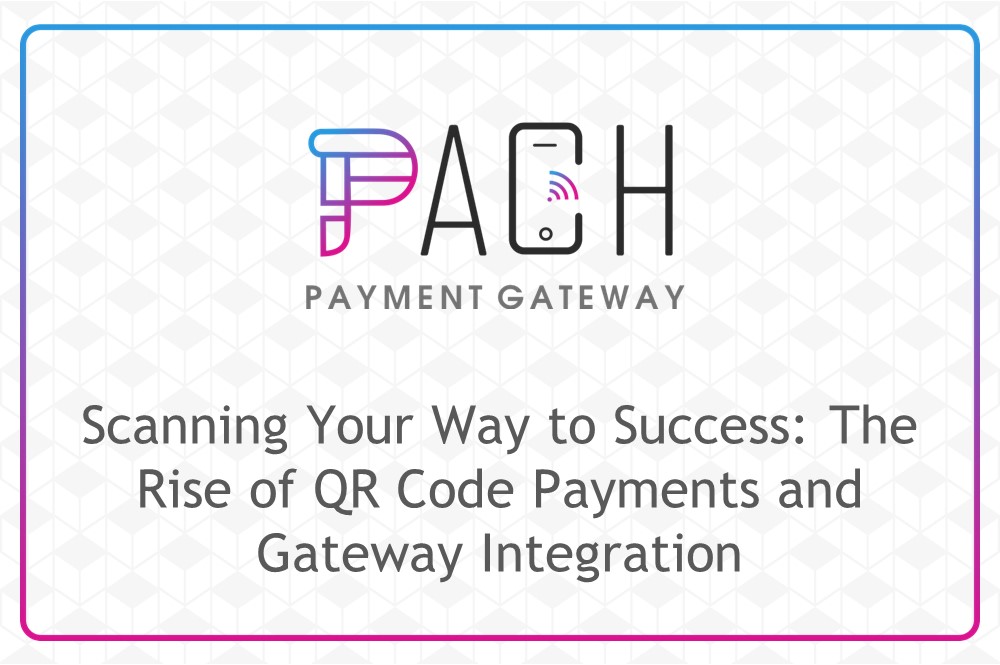Understanding The Payment Gateway Settlement and Reconciliation
Dec 21, 2024 - 2 MINS READ
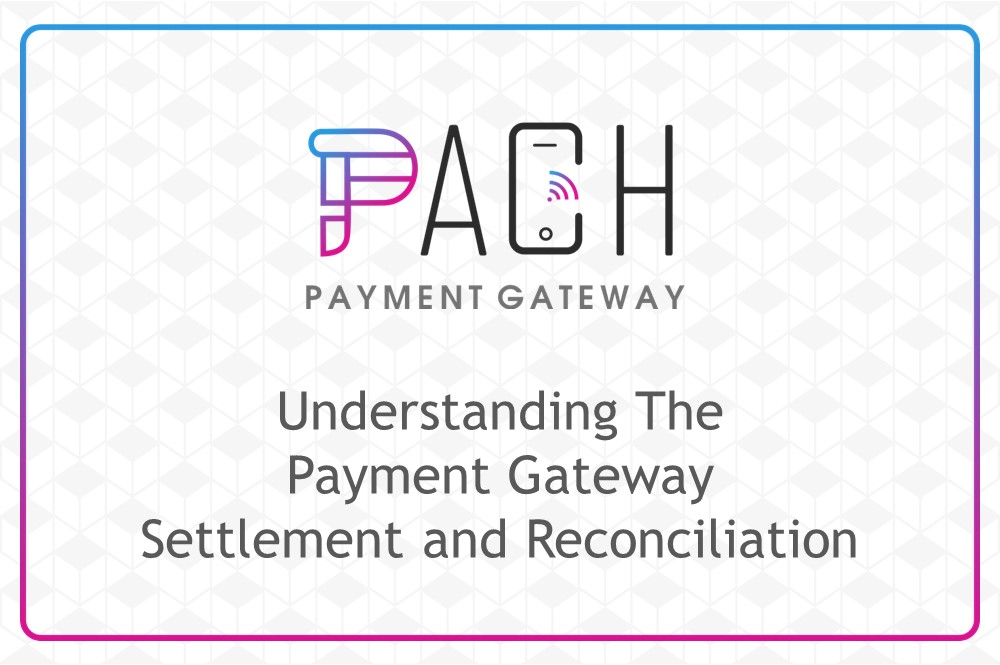
Behind the scenes of every online transaction lies a complex process involving payment gateways, merchants, and banks. This process, comprising settlement and reconciliation, is crucial for the smooth operation of any e-commerce business. Let's delve into these two critical components.
Settlement: The Final Frontier
Settlement is the final stage of a transaction where the funds are transferred from the customer's account to the merchant's account. Here's a simplified breakdown:
-
Authorization: When a customer makes a purchase, the payment gateway authorizes the transaction, placing a temporary hold on the funds.
-
Capture: Once the order is fulfilled or a specified period has elapsed, the merchant initiates a capture request to convert the authorized amount into a settled transaction.
-
Funds Transfer: The payment gateway facilitates the transfer of funds from the customer's bank to the merchant's bank account. This usually takes a few business days.
Reconciliation: Matching the Books
Reconciliation is the process of matching the payment gateway's records with the merchant's internal records. It's a vital step in ensuring financial accuracy:
-
Data Comparison: Merchants compare transaction data from the payment gateway with their accounting system to identify discrepancies.
-
Chargeback Management: Reconciliation helps identify chargebacks, which occur when customers dispute a transaction.
-
Error Detection: Any discrepancies between the two sets of records can indicate errors, fraud, or system glitches.
-
Financial Reporting: Accurate reconciliation data is essential for financial reporting and tax compliance.
Challenges in Settlement and Reconciliation
Several factors can complicate the settlement and reconciliation process:
-
Chargebacks: Disputes initiated by customers can lead to chargebacks, impacting the merchant's revenue.
-
Refunds: Processing refunds requires accurate reconciliation to ensure correct adjustments to the merchant's account.
-
Multiple Currencies: Businesses operating in multiple countries face challenges in reconciling transactions in different currencies.
-
Data Errors: Discrepancies in data between the payment gateway and the merchant's system can lead to reconciliation issues.
Tips for Effective Settlement and Reconciliation
To streamline the process:
-
Choose a Reliable Payment Gateway: Opt for a gateway with robust reporting and reconciliation tools.
-
Automate Wherever Possible: Utilize automation tools to reduce manual data entry and minimize errors.
-
Regular Reviews: Conduct regular reconciliation checks to identify discrepancies promptly.
-
Reconciliation Software: Consider using specialized reconciliation software for efficient management of large transaction volumes.
-
Clear Communication: Maintain open communication with your payment gateway provider to address any issues promptly.

